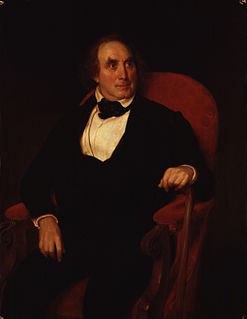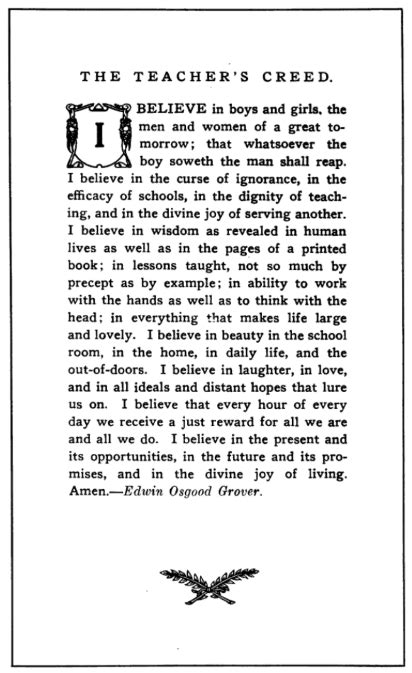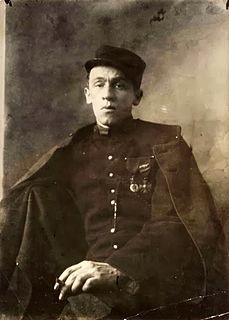A Quote by William Shakespeare
You common cry of curs! whose breath I hate As reek o' the rotten fens, whose loves I prize As the dead carcasses of unburied men That do corrupt my air, I banish you; And here remain with your uncertainty!
Related Quotes
Poetical feelings are a peril to scholarship. There are always poetical people ready to protest that a corrupt line is exquisite. Exquisite to whom? The Romans were foreigners writing for foreigners two millenniums ago; and for people whose gods we find quaint, whose savagery we abominate, whose private habits we don't like to talk about, but whose idea of what is exquisite is, we flatter ourselves, mysteriously identical to ours.
I would rather people not smoke. I certainly appreciate the fact that smoking is not legal in restaurants and bars. That used to stop me from going out at night because you'd go someplace and your clothes would reek and you wouldn't enjoy the experience and that affects your rights. It's always a question. Whenever you are talking about these issues, it's not a question of restricting rights. It's a question of restricting whose rights, and providing for whose rights and that's a tricky balance.
What delight To back the flying steed, that challenges The wind for speed! - seems native more of air Than earth! - whose burden only lends him fire! - Whose soul, in his task, turns labour into sport; Who makes your pastime his! I sit him now! He takes away my breath! He makes me reel! I touch not earth - I see not - hear not. All Is ecstasy of motion!
Santa Claus is anyone who loves another and seeks to make them happy; who gives himself by thought or word or deed in every gift that he bestows; who shares his joys with those who are sad; whose hand is never closed against the needy; whose arm is ever outstretched to aid the week; whose sympathy is quick and genuine in time of trouble; who recognizes a comrade and brother in every man he meets upon life's common road; who lives his life throughout the entire year in the Christmas spirit.
From time to time there appear on the face of the earth men of rare and consummate excellence, who dazzle us by their virtue, and whose outstanding qualities shed a stupendous light. Like those extraordinary stars of whose origins we are ignorant, and of whose fate, once they have vanished, we know even less, such men have neither forebears nor descendants: they are the whole of their race.
If a nuclear disaster occurred, and you had to live out those final painful days just stretched out somewhere thinking about your life--This is who I am. This is what I love. This is what I believe--who would you want hearing your whispers? Or perhaps better: Who do you trust to hear your whispers? Whose breath do you want mingled with your own? Whose flesh still warm beside you?
Pity the nation whose statesman is a fox, whose philosopher is a juggler, and whose art is the art of patching and mimicking. Pity the nation that welcomes its new ruler with trumpetings, and farewells him with hootings, only to welcome another ruler with trumpetings again. Pity the nation whose sages are dumb with years and whose strong men are yet in the cradle. Pity the nation divided into fragments, each fragment deeming itself a nation.






































